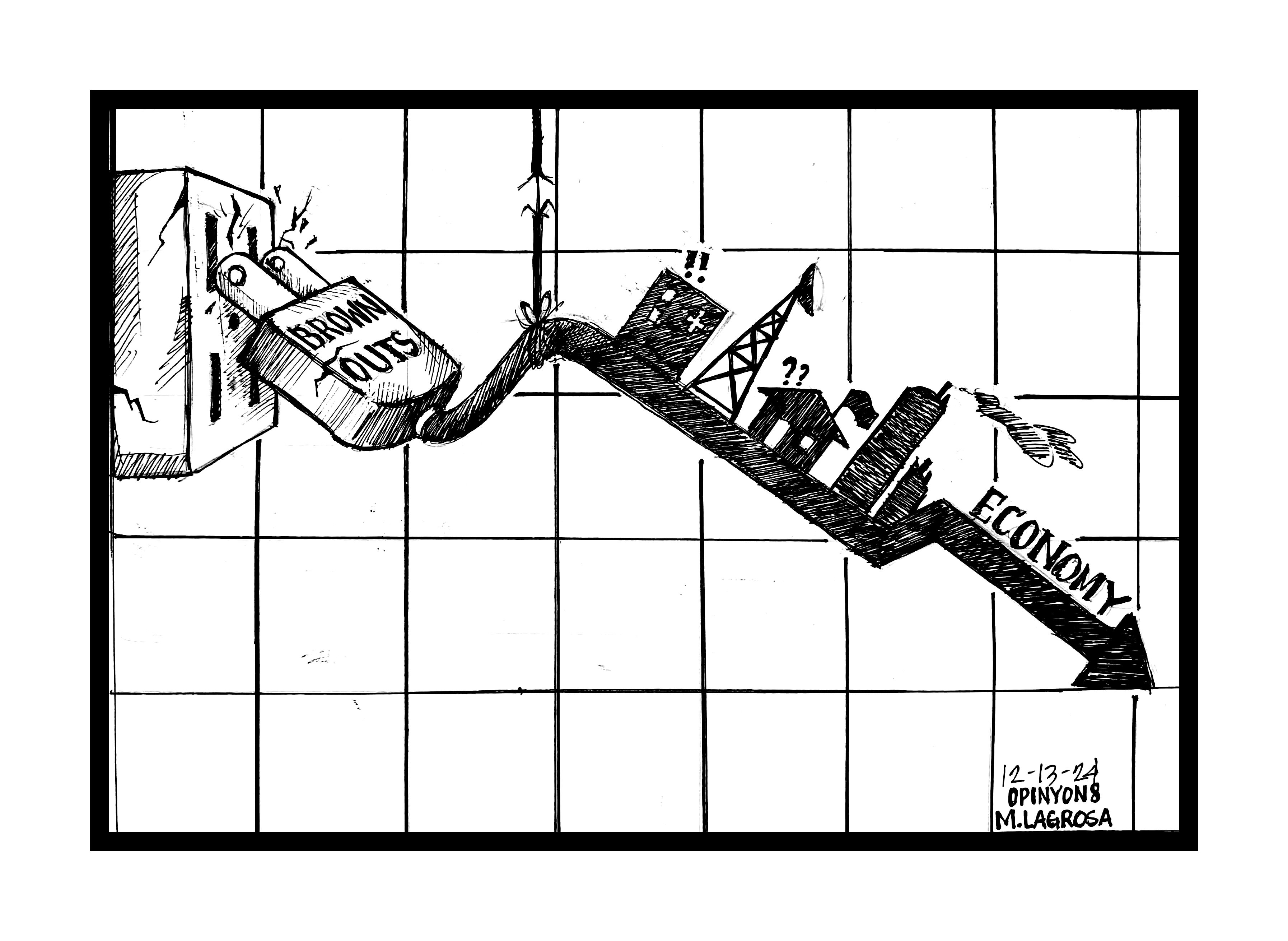Over the past weeks consumers have been enraged over the consecutive brownouts in several municipalities in Region 8.
These temporary power outages, often the result of inadequate infrastructure, supply shortages, or extreme weather events, wreak havoc on local economies and the livelihoods of residents.
One of the most immediate effects of brownouts is the disruption of businesses.
Small enterprises, which often lack the resources to invest in backup power systems, are particularly vulnerable.
Each outage can mean lost revenue, reduced productivity, and even customer attrition, as frustrated patrons seek alternatives.
For larger businesses, the impact is no less severe; manufacturing lines may halt, leading to missed deadlines and compromised supply chains.
This disruption not only affects the bottom line but also contributes to unemployment and underemployment in the community.
Furthermore, the ripple effects extend to essential services.
Hospitals, schools, and emergency services face daunting challenges during outages.
In hospitals, patient care can be compromised, and surgeries may be postponed, risking lives.
Schools may have to cancel classes, disrupting education and impacting long-term development for our youth.
These interruptions can leave lasting scars on a community's fabric.
On a broader scale, recurring brownouts deter investment in affected areas.
Potential investors are often wary of unstable infrastructure, fearing that outages will hinder their operations.
This aversion stifles economic development and innovation, preventing municipalities from attracting new businesses and creating jobs.
Local governments must prioritize infrastructure investments, energy diversification, and sustainable solutions to avert further deterioration of their economies.
The health of our communities and their economic future depend on it.
#WeTakeAStand #OpinYon #OpinYonNews
